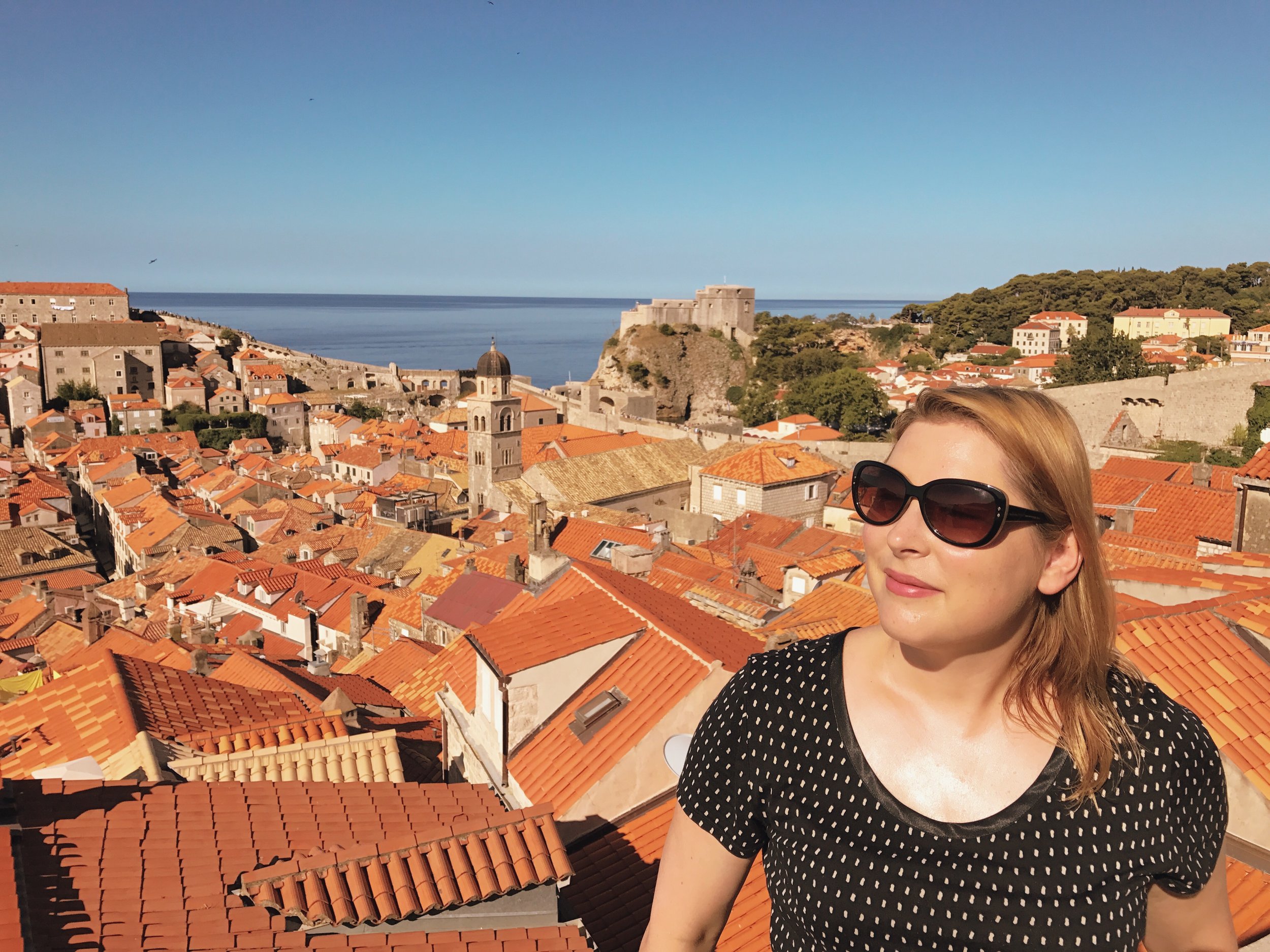Is Expensive Olive Oil Worth It? How to Find the Best in Italy
“That olive oil costs how MUCH? Why would I spend $15 when I can spend $4?” You’ve likely said this to yourself at some point. So what’s the difference between expensive olive oil versus the cheap stuff? Does it really matter? Yes. Toni Mazzaglia, founder of the food tour company Taste Florence came on the Postcard Academy podcast to explain how to find the best olive oil, when you should use it, and when you definitely should not. (Subscribe on Apple podcasts | Spotify | Stitcher)
How to identify quality olive oil by the label
Olive oil is not like wine — you should not let it age. “The first rule is to always buy oil that is less than a year old. The younger the better,” Toni says. “Even if you buy a really good olive oil, if it's from three years ago, you don't want that oil.
Look for the the harvest date. Most oils in Italy are picked and pressed between late October and early November and just list an expiration date or the season in which the olives were harvested, which isn’t a good sign. “Look for the date if you can find it, and you want to look for the word raccolta, which means when it's picked. Or frangitura, which means when it's pressed. Either way, the picking and the pressing for a good extra virgin has to happen within 24 hours.”
Look for IGP or DOP on the label to know exactly where your olive oil is coming from. Some olive oil labels just say ‘product of Italy,’ which means that the olives could come from all over Italy and be combined. A label that says ‘pressed in Italy, means that the olives could come from anywhere, even other countries.
To protect customers, there’s IGP, which stands for indicazione geografica protetta, and DOP, which is denominazione d’origine protetta. If the label has either of those, “it's going to say where the oil came from. IGP is going to say Tuscan or Umbrian or Sicilian…a general region. DOP would be even more specific, so it could be Chianti or it could be Montalcino, for example. I’s going to be more specific, smaller place.
You get what you pay for. producing quality oil costs money and so does the certification to prove it. “If it says IGP or DOP, I can guarantee you it's an extra virgin because no one is going to spend the money on licensing and controls and taxes to do an IGP or DOP if they're making a bad oil.”
Characteristics of real extra virgin olive oil
Acidity has to be less than 0.8 percent of fatty acids to be extra virgin, though you probably won’t see the acidity percentage on the bottle.
“Think of an olive kind of like an apple. If you take an apple off the tree, if it isn't ripe, it doesn't have much juice, and you don't have much sugar in the little juice that’s in there. The same thing would happen with an unripened olive, which is what we use here in Tuscany and Umbria. There’s not much oil in unripened olives, and in the oil there aren’t many fatty acids and lipids. So this is the acids we’re talking about — a higher quality oil has less fatty acids, lipids. So that cutoff line is 0.8 percent for extra virgin.”
When to use the good stuff (and when not to)
Do not cook with your good, early harvest oil. “You can use it for light sautéing if you prefer the flavor, but it's kind of a waste to do that because when you heat it up, because the lipids are so low, you actually change the chemical makeup of the lipids and turn the good fats into bad fats.”
Use your cheap/old olive oil for cooking and save the good stuff for drizzling over soups and salads.
How to preserve your olive oil
Keep olive oil away from bright light and heat. “You can't leave your oil next to the stove because every time you turn your stove on, you’re heating up the oil. Keep it in a dark corner away from any kind of appliance on the counter."
Listen to the Florence food episode of the Postcard Academy podcast to hear all of Toni’s best recommendations on where to eat and what foods to try in Tuscany’s capital city. (Subscribe on Apple podcasts | Spotify | Stitcher)
If you found this article useful, please share it, and subscribe to the Postcard Academy podcast. Each week, expats and adventurers share their insider travel tips on the best food, nightlife, and cultural experiences in the most interesting places around the globe. I’m your host, Sarah Mikutel, an American who's spent the last 7 years living in, and traveling around, Europe.


